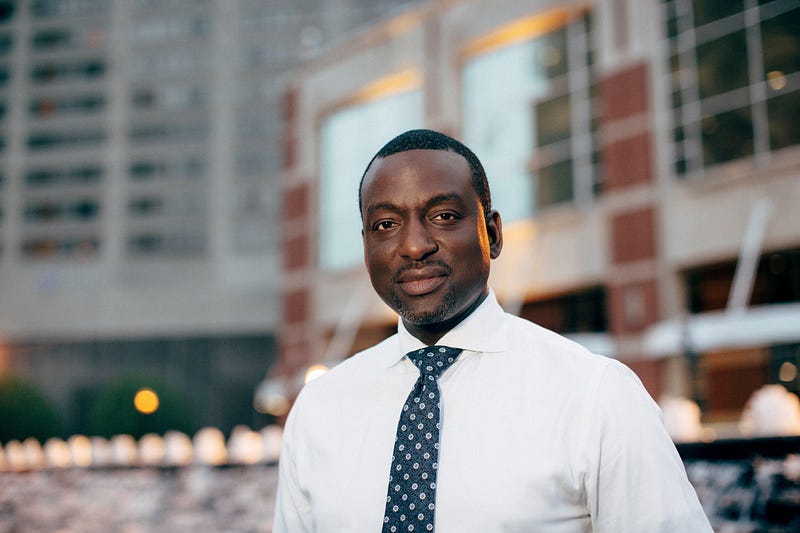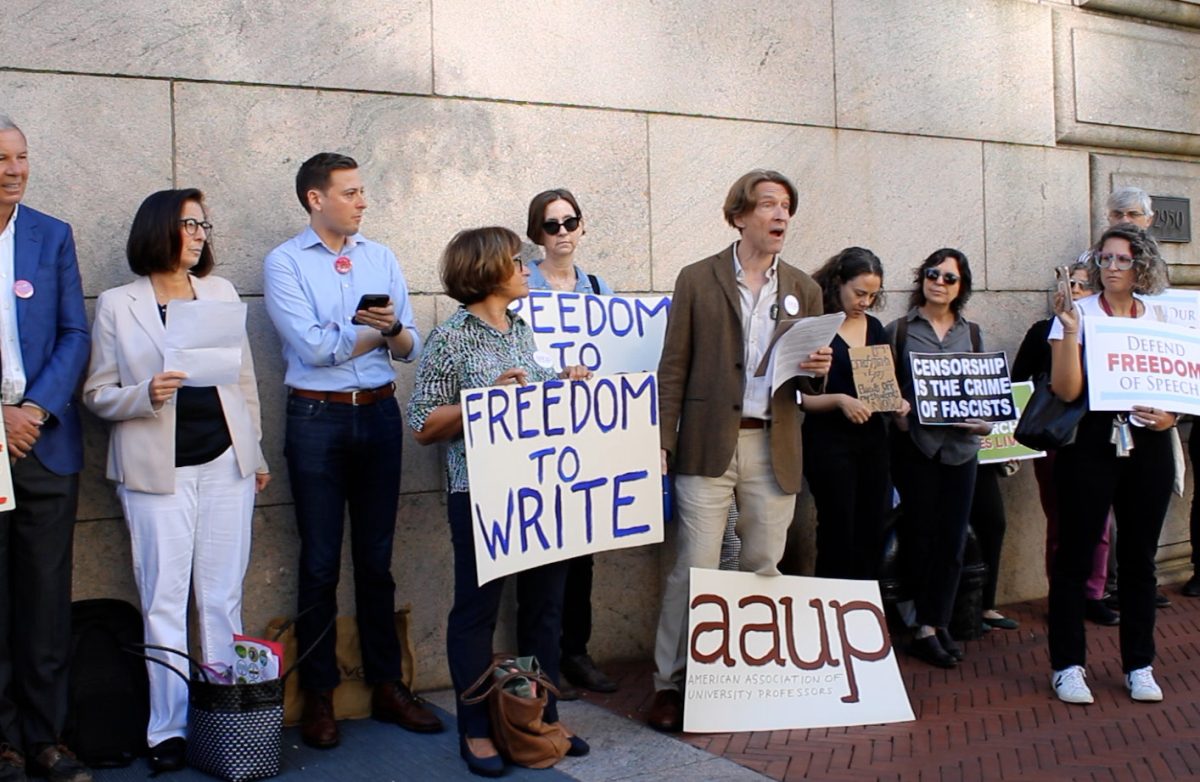
On Thursday, October 29, Hamilton had the honor of hosting Dr. Yusef Salaam for a Zoom webinar as an event within the C. Christine Johnson Voices of Color Lecture Series. Students across campus tuned in virtually to listen to Salaam’s first-hand account of his life-altering past experiences, as well as his wisdom and commentary regarding the need for change in contemporary society.
In 1989, at just 15 years old, Salaam and four other Black and Latinx teenagers were falsely convicted of rape and assault in the infamous “Central Park Jogger” case. After spending seven to thirteen years in prison, all five were eventually released from their sentences when the actual perpetrator confessed to the crime in 2002. In 2014, The “Central Park Five,” now deemed “The Exonerated Five,” settled a suit with the City of New York worth $41 million. However, the time taken away from their lives and the harrowing experiences each boy suffered can never be repaid.
Now a poet, an activist and an inspirational speaker, Salaam has been the recipient of numerous accolades including the Lifetime Achievement Award, given to him by President Obama in 2016, and has been the subject of the Ken Burns film “The Central Park Five” as well as the recent and critically acclaimed limited-series “When They See Us” by Ava DuVernay. He now shares his story with others not merely as a tale of the past, but as a cautionary reminder of the injustice that still prevails within our criminal justice system as well as the discrimination that still actively permeates our society.
Salaam began his talk with students by recounting the first time his voice was given a platform, a moment when he was given the time to defend only one idea: his own freedom. At age 16, Salaam knew that he would have the opportunity to speak at his sentencing in court. He came prepared. Rather than solemnly accepting a punishment for a crime he did not commit, Salaam did something unheard of that shocked a bitter judge: he slammed poetry. Hamilton students listened in as Salaam recited the heart-wrenching testimonial that he delivered all those years ago. Led by the recurring line, “I stand accused,” Salaam rhythmically denounced the injustice he faced and transformed what was to be a futile fight into an unforgettable moment.
Unfortunately, this fight has not yet ended. While Salaam has long since been proven innocent of his crimes, we all still must live in a society that remains guilty of wide-scale discrimination and injustice. After being convicted in 1989, Salaam faced an outpour of public hate not only from the media, but in the form of handwritten letters–a constant stream of condemnation–sent to his home. Along with the hate mail he has kept after all these years, Salaam held up to his camera one paper in particular, an ad taken out against him in The New York Times by Donald Trump calling for the return of the death penalty. “This man now sits in the White House,” Salaam said, his tone notably different.
It would be nice to think that times have changed since Salaam was falsely accused, but present-day issues with law enforcement and racial inequality have only proven one thing: society needs the reform that Salaam never did. “Just by the mere fact that you’re born a person of color, you’re born fighting for your life,” Salaam noted about today’s world. He then pointed to the recent killings of Breonna Taylor, George Floyd, and many others, making sure to refer to them as murders, and demanded that we do everything in our power to encourage collective reform in a world that is now perhaps more politically divided than ever.
Salaam addressed Hamilton students as the future, telling us that, privileged or unprivileged, we all have a role to play in this fight. And though one shortcoming of a remote event is being unable to see who else is presently watching, Salaam can be confident that he found a receptive audience in Hamilton.
On the eve of perhaps the most controversial election in our nation’s history, Salaam left us with an important call to action. Things might not always be easy, he said, but we must always remain cognizant of the role we play in making these situations better.
“Instead of saying ‘why me,’ take those lemons, and start juggling.”
















